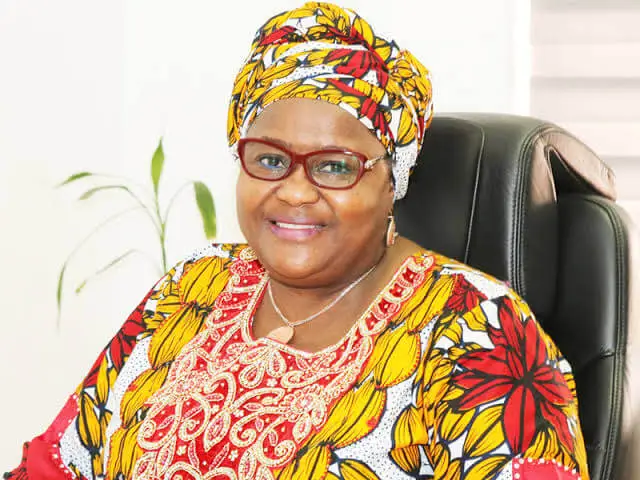Business
PenCom’s Fund Increase By 2.23% In May

The National Pension Commission (PenCom) has disclosed that the value of pension funds in Nigeria increased by 2.23 per cent month-on-month to cross the N20tn mark to N20.23tn in May 2024.
PenCom in its unaudited report on the pension funds industry portfolio for the period ended May 31, 2024, disclosed that the Pension Funds Administrators’ (PFAs’) investment in FG securities remained high and increased within the period under review as it cornered 63.22 per cent of the entire funds.
According to the report, Investment in government securities stood at N12.79tn from N12.40tn in April.
Also, PFAs dropped about 10.83 per cent of the funds in corporate debt securities, with corporate bonds getting the largest share.
It disclosed that experts have attributed the PFAs’ interest in government securities and money market instruments to the hawkish stance of the Central Bank of Nigeria, which has seen it raise benchmark interest rates in a bid to reduce market liquidity.
The attractive rates on offer have seen investors, including pension funds, allocate more capital towards fixed-income securities for higher returns for their funds and contributors.
Also in the high-interest environment of the money market, pension fund investment dipped marginally to N1.93tn from N1.95tn in the previous month.
In April, mutual funds dipped by 19.93 per cent month-on-month to N85.19bn from N106.39bn in March.
In May, however, investment in mutual funds recorded an upswing to N95.28bn, and at the end of the month, the pension funds recorded an increase of N440.40bn monthly. This is the second-highest monthly increase this year, next to N1.18tn in January.
In the first five months of the year, the pension funds have appreciated by N1.87tn and on a year-on-year basis, pension funds had increased by N4.12tn.
Between May 2023 and May this year, the membership of the Retired Savings Account has also increased by 356,795 or 3.57 per cent to 10,351,624.
Meanwhile, the National Insurance Commission has ordered African Alliance Insurance Plc to resolve and ensure the settlement of outstanding claims from its customers.
This followed what the commission described as increased complaints by annuitants and insurance claimants against African Alliance Insurance Plc in respect of the company’s delay and/or inability to fulfil its obligations.
NAICOM said it has summoned the board of African Alliance Insurance to its headquarters in Abuja recently and ordered the company to settle outstanding payments due to annuitants and claimants.
They were also asked to submit a turnaround plan for addressing the challenges currently faced by the company, which necessitated putting the company under the commission’s regulatory order.
Corlins Walter
Business
AFAN Unveils Plans To Boost Food Production In 2026
Business
Industrialism, Agriculture To End Food Imports, ex-AfDB Adviser Tells FG
Business
Cashew Industry Can Generate $10bn Annually- Association
-

 Politics1 day ago
Politics1 day agoEFCC Alleges Blackmail Plot By Opposition Politicians
-
Rivers1 day ago
Rivers Police Commissioner Condemns Vigilante Group Over Aluu Attack
-
Politics1 day ago
Datti Baba-Ahmed Reaffirms Loyalty To LP, Forecloses Joining ADC
-
Business1 day ago
Industrialism, Agriculture To End Food Imports, ex-AfDB Adviser Tells FG
-
Politics1 day ago
Bayelsa APC Endorses Tinubu For Second Term
-
Business1 day ago
Cashew Industry Can Generate $10bn Annually- Association
-

 Sports1 day ago
Sports1 day agoJ And T Dynasty Set To Move Players To Europe
-
Business1 day ago
AFAN Unveils Plans To Boost Food Production In 2026

